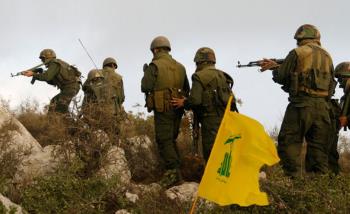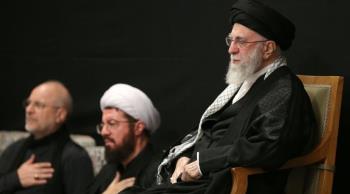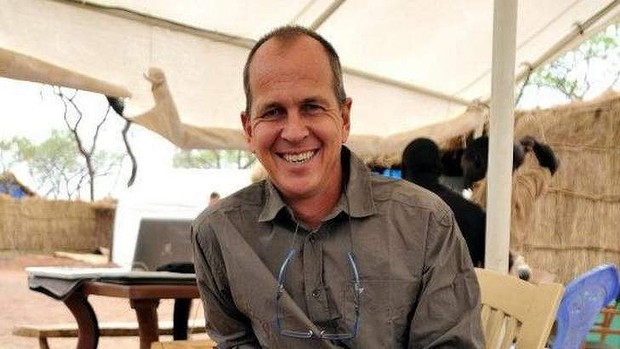Alwaght-The Australian journalist Peter Greste left Egypt yesterday, following Cairo’s decision of deporting him back to Australia. Greste spent 400 days in captivity along with two of his colleagues, Baher Mohamed and Mohamed Fahmy, a dual citizen of Egypt and Canada, whom are still detained.
The journalist in the English-speaking Qatari channel “Al Jazeera,” was departed on a flight to Larnaca in Cyprus yesterday afternoon, after his release from Cairo’s Tora prison, Interior Ministry, and airport officials assured.
Greste was arrested along with his two colleagues in December 2013, and the three were sentenced between seven and ten years in jail, charged with aiding the blacklisted Muslim Brotherhood movement. Many analysts viewed this case as an attempt to punish Qatar.
Doha-based Al Jazeera news channel, along with its sponsor the Qatari monarchy, were solid supporters of the latter Islamic movement and Egyptian President Abdel Fattah Al Sisi predecessor, Islamist president Mohammed Morsi. Mr. Mohammed Morsi was overthrew in July 2013 in what Qatar and its news channel “Al Jazeera” described as a “coup.” The aforementioned term angered the backers of Al-Sisi including Saudi and the United Arab Emirates in the Persian Gulf. Al Jazeera’s Arabic channels, especially Al Jazeera Egypt channel, constantly broadcasted sympathetic coverage of the Brotherhood protests and caustic coverage of Mr. Sisi’s takeover.
The crisis in the relationships between Egypt and Qatar were centered on Qatar’s and Al-Jazeera is backing of the Muslim Brotherhood. Following Egypt’s designation of the movement as a terrorist organization, Saudi and the United Arab Emirates also listed the Muslim Brotherhood as a terrorist organization and defined it as a threat to their political systems. Because of the emerging conflict at the time, Saudi, the U.A.E., and Bahrain pulled their diplomats from the Qatari capital in March 2014. Two days later, Egypt followed the lead of its backers, and withdrew its ambassador from the Doha.
Since the popular uprising in 2011, which ended decades of rule under President Hosni Mubarak, Egypt was relying heavily on billions of dollars of financial aid from wealthy Gulf States to aid its tumbling economy. Qatar was providing most of the financial aid after Mr. Morsi’s election as president in June 2012. As the deterioration in relations between Egypt and Qatar due to Morsi’s overthrow, Doha asked Cairo to return the Qatari deposits in the Central Bank of Egypt. The country paid $6 billion back to Qatar, and the gap was filled rapidly by oil-rich Persian Gulf countries Saudi Arabia, U.A.E and Kuwait after Al Sisi came to power.
In November 2014, as a dramatic escalation of events, Saudi, the U.A.E agreed to return their diplomats to Doha, after the Qatari government asked the leaders of the Muslim Brotherhood to leave the country in last September. Recently reports alludes to a resolution efforts were made by Saudi to turn the page on past differences between Egypt and Qatar. These reports also indicate that shutting down Al Jazeera’s Egypt channel is part of the reconciliation deal, and this decision may have helped in the release of Greste, Egypt did not reveal any reasons for the release and its timing, though.



























